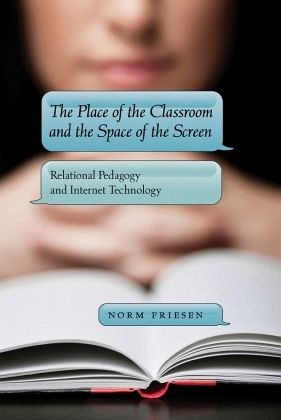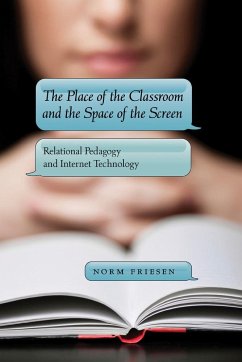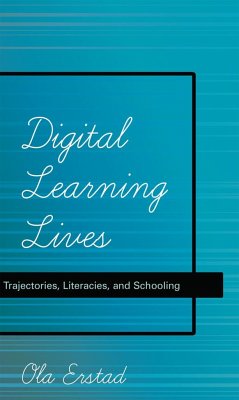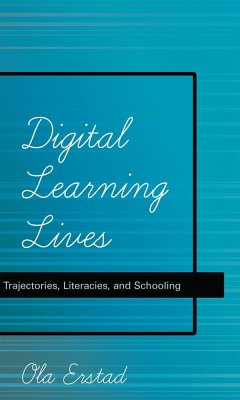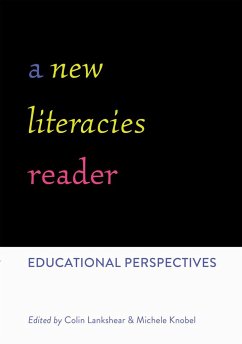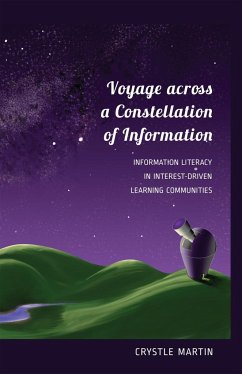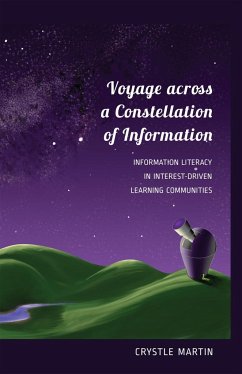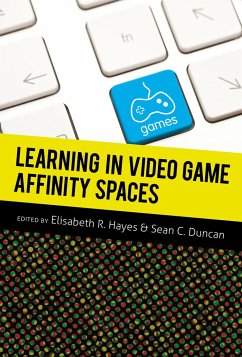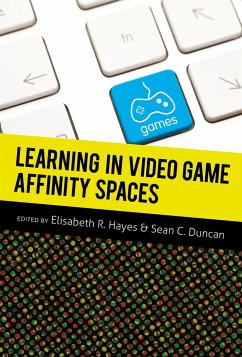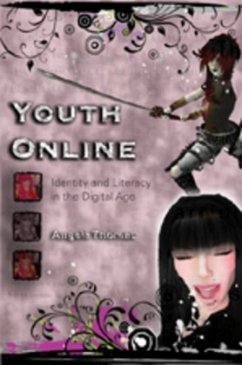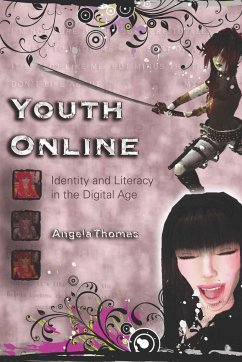«Norm Friesen has written an exemplary book - well-crafted, diligent, and substantial. He makes his case through articulate and colorful descriptions of experiences with information technology. There is clearly a growing hunger for reality, for the commanding presence of the surprising, and for unfathomable things and events that Friesen describes so well. In this context, he shows impressively the ambivalent implications of virtualizing education.» (Albert Borgmann, Regents Professor of Philosophy, University of Montana)
«I heartily recommend this text to readers interested in the quality of the online student experience, human science methodology, and in the possibilities and also the limitations presented by online technologies for pedagogical contact.» (Max van Manen, Professor Emeritus, Faculty of Education, University of Alberta)
«In this book, Norm Friesen convincingly demonstrates how a phenomenological perspective offers practical insights into crucial experiential differences between digital learning and traditional face-to-face, classroom learning. Friesen neither censures nor extols virtual learning technologies. Rather, by identifying explicitly their lived weaknesses and strengths, he points to ways in which digital learning might provide a more comprehensive educational experience that complements the conventional student-teacher, in-class relationship.» (David Seamon, Professor, Kansas State University)
